Asha Kirana Hospital, Mysuru, is commemorating its 20 years of service in the field of HIV/AIDS by holding a programme on Dec. 10 at 10.30 am at Shubhodhini Convention Centre in city. Dr. R. Balasubramaniam of SVYM, Dr. R.S. Gupta and Dr. K.S. Sachdeva from NACO and Dr. I.S. Gilada, President of AIDS Society of India, will attend the event. Asha Kirana Charitable Trust has been providing counselling services, care and support for people living with HIV/AIDS since 1997. Here we publish an article by Dr. S.N. Mothi, Chairman, Asha Kirana Hospital, which has given a ray of hope to the patients to lead a normal life. —Ed
By Dr. S.N. Mothi
World AIDS Day is observed every year on 1st of December to raise the public awareness about AIDS (Acquired Immuno Deficiency Syndrome). AIDS is a pandemic caused due to the infection of Human Immunodeficiency Virus (HIV). The Day is observed by the government organisations, NGOs, civil society and other health officials by organising lectures or forum discussions related to AIDS.
In the last three decades, HIV/AIDS research has evolved phenomenally from “no medicines to treat” in the early eighties, to over 30 different medicines which are now available to be used in different combinations and situations. We have several treatment combinations and if the virus develops resistance, there are 2nd and even 3rd line options available. These medicines are provided to the patients in the ‘Free Anti Retroviral Therapy (ART)’ roll out from National AIDS Control Organisation (NACO).
As per the WHO guidelines, NACO also launched ‘Test and Treat’ or ‘Treat All’ initiative to start Anti Retroviral medicines right from the time of HIV diagnosis and not wait until the body’s immunity declined (<500 CD4 count). NACO has a huge operational challenge to enroll another one million (10 lakh) people on treatment.
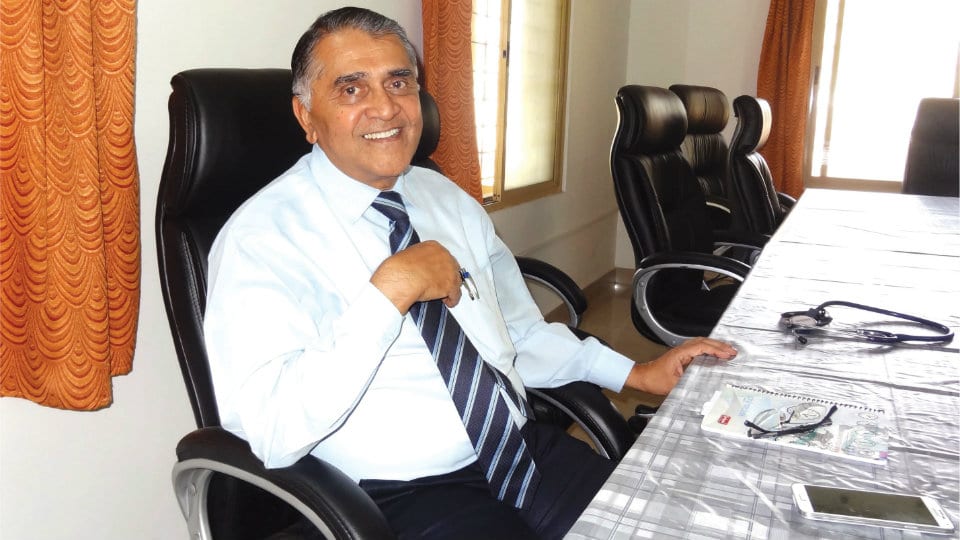
Dr. S.N. Mothi
Working in this field since the last two decades, I have witnessed a positive change in the scenario where free medicines are available for everyone who is tested HIV positive. I continue to dream of a world without AIDS for our future generations.- Dr. S.N. Mothi
Our knowledge and tools for responding to HIV have greatly expanded across countries, cities and districts, and giving rise to the need for differentiated and targeted responses. And yet, today, we confront a serious new obstacle: the oppressive weight of complacency. This is happening when we know that if we make the right decisions and the right investments now, the end of AIDS can be within our grasp.
Ending the AIDS epidemic will involve progress across the entire spectrum of rights: civil, cultural, economic, political and social. Defending the rights of all people including children, women, young people is critical to ensuring access to life-saving services. Through the realisation of their rights, people being left behind will move ahead, to the very forefront of the journey to end AIDS — informed and empowered, mobilised and engaged.
The post-AIDS world will be very different from the one we know today — and it is one we can create. It will be a world in which every child is born HIV-free to healthy parents, and any child living with HIV receives the treatment, protection, care and support to survive and thrive into adulthood and old age.
Key areas of concern
- Prevention strategies should not slacken.
- Retention in care by intensive counselling.
- Maintain ‘uninterrupted supply of medicines.’
- Adherence, Adherence and Adherence to treatment is the three point bottom-line to maintain care continuum.
Working in this field since the last two decades, I have witnessed a positive change in the scenario where free medicines are available for everyone who is tested HIV positive. I continue to dream of a world without AIDS for our future generations.
Global Hiv Statistics
- 76.1 million people have become infected with HIV.
- 35.0 million people have died from AIDS since the epidemic.
- Since 2010, new HIV infections among adults are declining.
- New HIV infections among children declined by 47% since 2010.
- AIDS-related deaths have fallen by 48% since the peak in 2005.
[Source: unaids 2017]



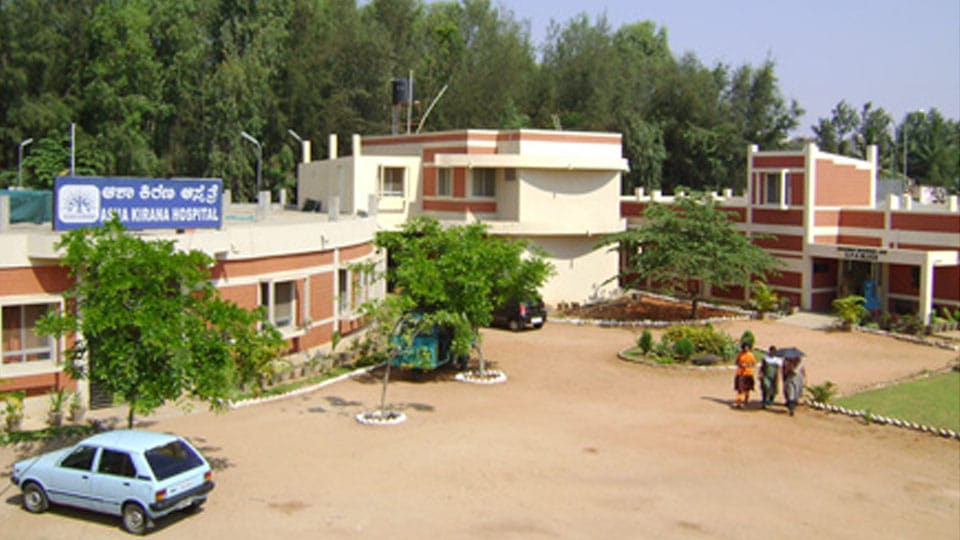
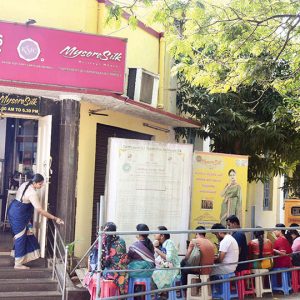
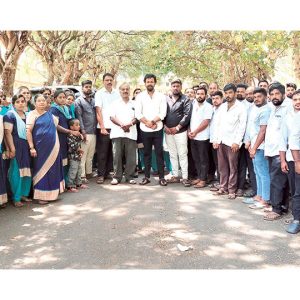
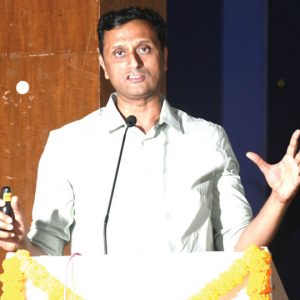
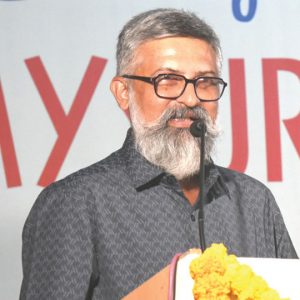
Recent Comments